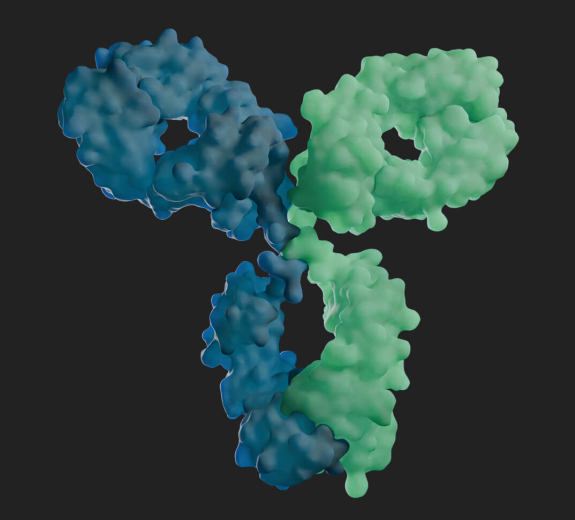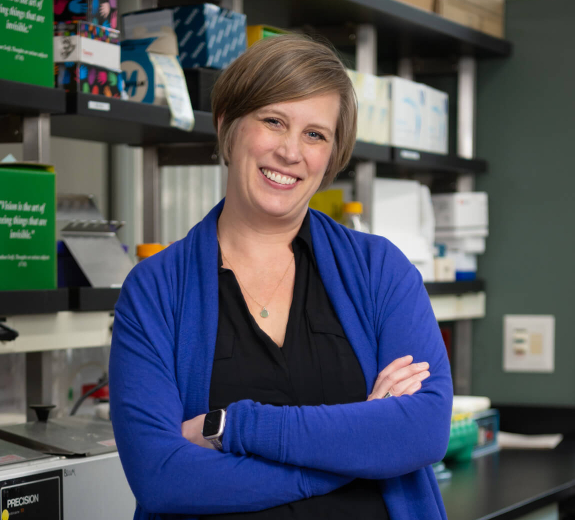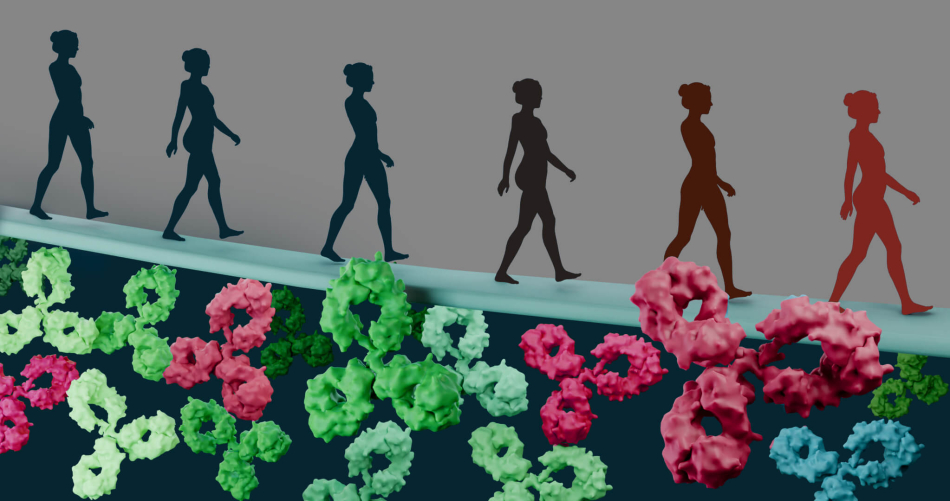“Screening and early detection are not new ideas in healthcare, but they are relatively unexplored in autoimmune diseases. Our team is working to change that,” says Cate Speake, PhD, scientific director of BRI’s Center for Interventional Immunology (CII).
With Sandie Lord, MD, clinical director of the Center for Interventional Immunology — and with funding from the Jolene McCaw Family Foundation — the CII team is examining the best way to incorporate screening for autoimmune diseases into primary care. This simple step would be a key advance in predicting the onset of autoimmune diseases and provide vital health information for people being screened.
“For example, if you know you’re on track to develop type 1 diabetes (T1D) you can watch for early warning signs, which can help prevent a life-threatening complication called diabetic ketoacidosis,” Dr. Speake says. “With rheumatoid arthritis (RA), early detection can lead to earlier treatment and less severe symptoms.”





